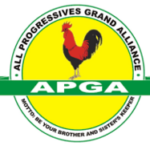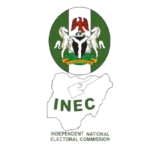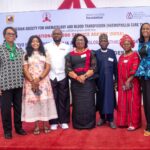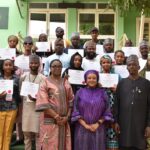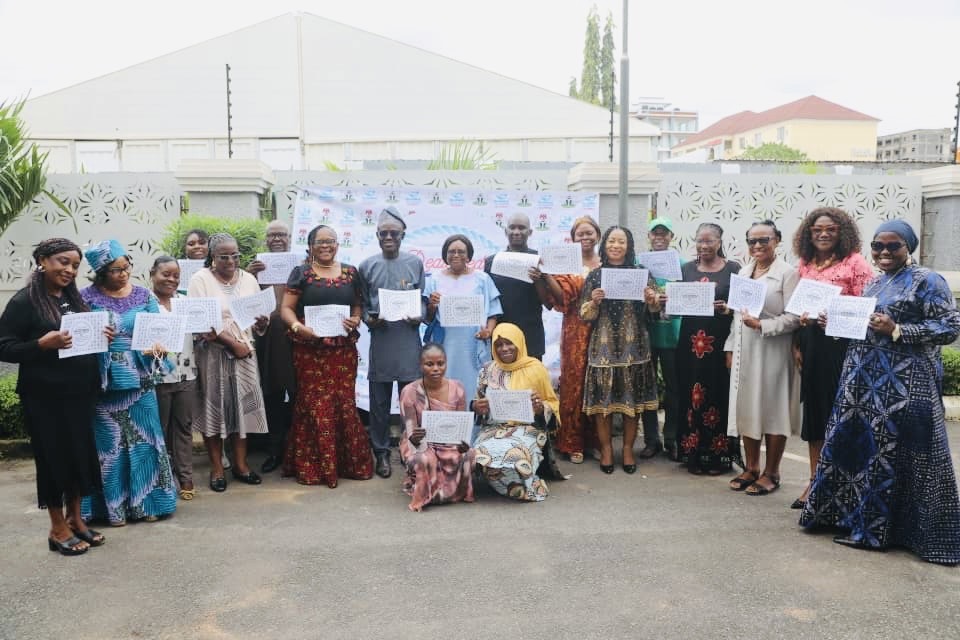By Olasunkanmi Onifade
The Dedicated Women Action and Advocacy for Rural and Urban Water, Sanitation and Hygiene (WASH) Support in Nigeria, a coalition, has called for a strategic framework to expand its reach across the 36 states.
The President of the group, Mrs Cordelia Agbo, made the call at a two-day training themed “Empowering Women Executives in the WASH Sector” on Tuesday in Abuja.
Agbo said a drafted strategy document should be developed to spell out the mission, vision, core values, roles and responsibilities, with a strong focus on accountability.
“There should be continuous follow-up with state focal persons. Each exco member should be assigned specific states to follow up and report progress.
“There should also be strategic meetings to review the document and articulate thematic issues relating to activities in each zone,” she said.
The Gender Specialist, Mrs Mary Mbakpa, stressed the need for deliberate efforts to influence policies, practices and resource allocation to ensure gender-equitable WASH services.
She said such efforts should also guarantee meaningful participation of women in decision-making structures from community to national levels.
“To build professional networks and mentorship, there must be policy influencing that is systematically planned, coordinated and integrated. This should include research, policy advocacy and public mobilisation.
“There should also be activities to shape frameworks governing water and sanitation, budget allocations for gender-responsive WASH programmes, and institutional structures that promote women’s participation in leadership,” she said.
The National Coordinator of Clean Nigeria Campaign (CNC), Mrs Chizoma Opara, said gender-inclusive WASH projects were not only about fairness, but also about effectiveness and sustainability.
“To achieve SDG 6 and Nigeria’s sanitation goals, women must be recognised and empowered as central to WASH transformation.
“Women are not just beneficiaries. They are drivers of success in projects. Sanitation campaigns gain momentum when women’s lived experiences are at the centre.
”Utilities that mainstream gender also perform better in customer satisfaction and service equity,” she said.
The National Secretary of the coalition, Ms Felicia Ngaji-Usibe, appealed for support from development partners, government agencies and the private sector.
She said such support should include financial, technical and institutional backing to strengthen the coalition’s initiatives.
NAN reports that the Dedicated Women Action and Advocacy for Rural and Urban Water, Sanitation and Hygiene Support in Nigeria (NG-DEWASH) operates under the umbrella of the Africa Water and Sanitation Association (AfWASA).
The network was established with support from AfWASA and the Gates Foundation during the AfWASA Congress in Kenya in 2016.
At inception, the donor provided NG-DEWASH with an opportunity to compete for grant funding.
The Nigerian network successfully secured a grant of USD 3,000 to empower women executives in the WASH sector.
Since then, women professionals from various states and utilities across Nigeria have benefited from several capacity-building initiatives.
Through AfWASA’s global platforms and the Gates Foundation, they have also received training in diverse fields, equipping them to contribute more effectively to the WASH sector. (NAN)
Edited by Tosin Kolade


